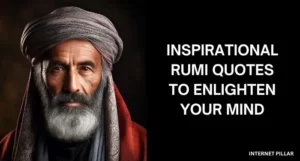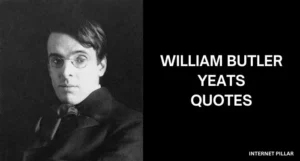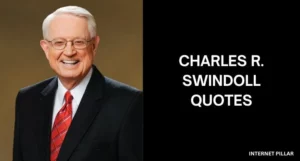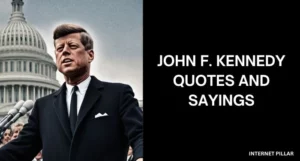Pauli Murray born Anne Pauline Murray in 1910 was a trailblazing pioneer in the fight for social justice.
Orphaned at an early age and challenged by racism and sexism, Murray fought tirelessly for equality, becoming a renowned poet, writer, activist, legal theorist and Episcopal priest.
Despite facing formidable barriers, Murray was a stellar student who worked multiple jobs to finance her education.
Her refusal to accept racial segregation saw her taking bold steps like refusing to apply to a segregated college and making waves with her legal insights at Howard University, which would later influence the landmark Brown vs. Board of Education case.
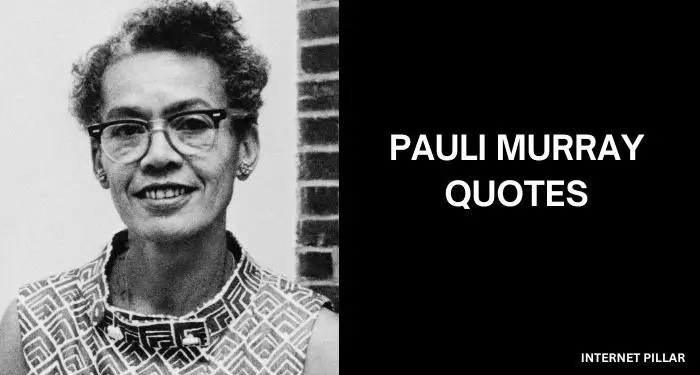
Beyond academia, Murray co-founded the National Organization for Women, championed the rights of women and people of color within various movements and eventually broke religious barriers by becoming the first African American woman Episcopal priest.
Related: Topher Kearby Quotes from Bestselling Writer and Artist and Ben Bradlee Quotes from the Famous Writer
Murray’s relentless pursuit of justice continues to inspire us decades after her passing.
Below you will find the most popular Pauli Murray Quotes.
Best Pauli Murray Quotes
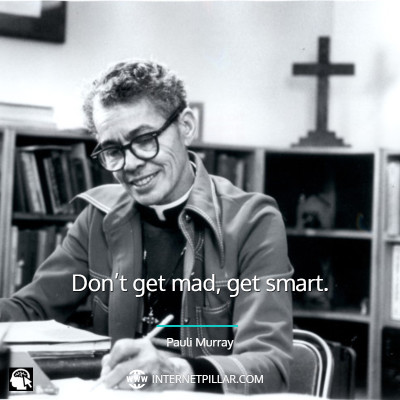
Don’t get mad, get smart. ~ Pauli Murray.
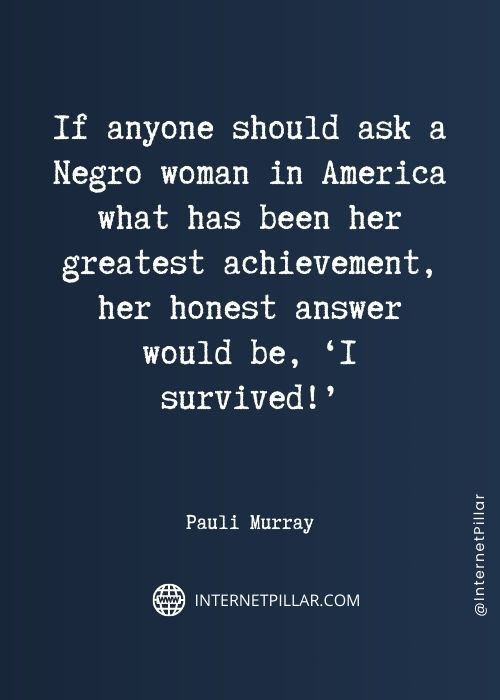
If anyone should ask a Negro woman in America what has been her greatest achievement, her honest answer would be, ‘I survived!’ ~ Pauli Murray.
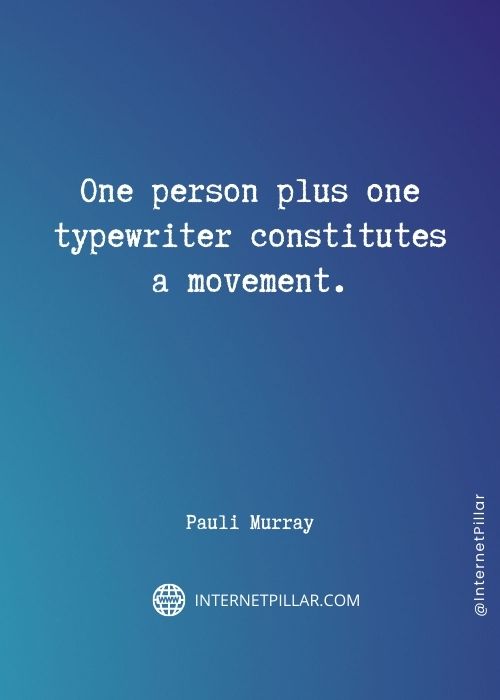
One person plus one typewriter constitutes a movement. ~ Pauli Murray.
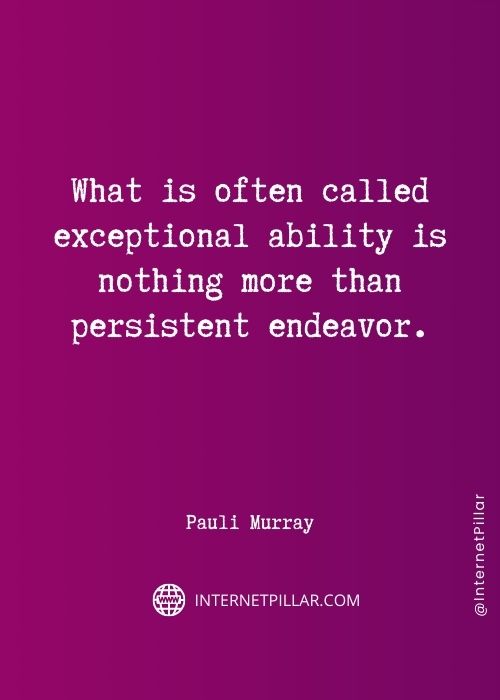
What is often called exceptional ability is nothing more than persistent endeavor. ~ Pauli Murray.
In January 1973, Murray lost Barlow to cancer. By September, she had resigned from Brandeis University and entered the General Theological Seminary. The year after she earned her Master of Divinity degree, she became the first African-American woman to be ordained an Episcopal priest. ~ Pauli Murray.
Popular Pauli Murray Quotes
The lesson of history that all human rights are indivisible and that the failure to adhere to this principle jeopardizes the rights of all is particularly applicable here. A built-in hazard of an aggressive ethnocentric movement which disregards the interests of other disadvantaged groups is that it will become parochial and ultimately self-defeating in the face of hostile reactions, dwindling allies, and mounting frustrations…Only a broad movement for human rights can prevent the Black Revolution from becoming isolated and can insure ultimate success. ~ Pauli Murray.
When my brothers try to draw a circle to exclude me, I shall draw a larger circle to include them. Where they speak out for the privileges of a puny group, I shall shout for the rights of all mankind. ~ Pauli Murray.
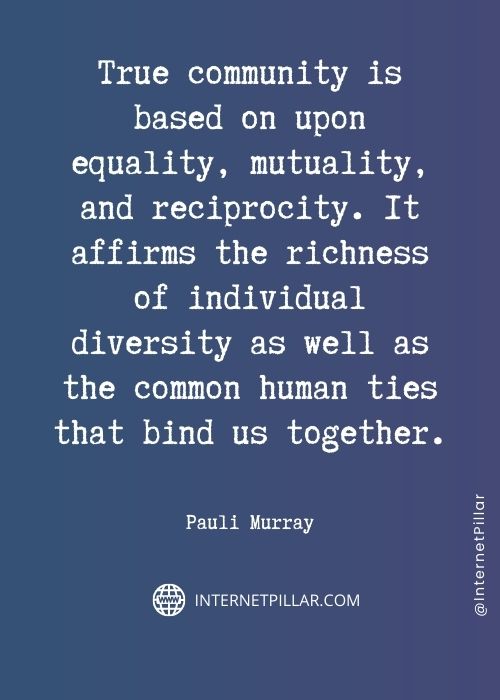
True community is based on upon equality, mutuality, and reciprocity. It affirms the richness of individual diversity as well as the common human ties that bind us together. ~ Pauli Murray.
I intend to destroy segregation by positive and embracing methods(…) When my brothers try to draw a circle to exclude me, I shall draw a larger circle to include them. Where they speak out for the privileges of a puny group, I shall shout for the rights of all mankind. ~ Pauli Murray.
Top Pauli Murray Quotes
And while I could not always suppress the violent thoughts that raged inside me, I would nevertheless dedicate my life to seeking alternatives to physical violence, and would wrestle continually with the problem of transforming psychic violence into creative energy. ~ Pauli Murray.

Hope is a song in a weary throat. ~ Pauli Murray.
According to Aunt Pauline, my godmother and my mother’s oldest sister, who later adopted me, I entered the world during a stormy period in my parents’ lives. Before I was conceived, my mother and father had had one of their brief but periodic separations. My mother had fled to her parents’ home in Durham, North Carolina, where her family urged her to seek a divorce. She had returned to Baltimore with that intention, or so her family thought. Instead, there was a passionate reunion between my parents, and I, not a divorce, was the result. ~ Pauli Murray.
In not a single one of these little campaigns was I victorious. In other words, in each case, I personally failed, but I have lived to see the thesis upon which I was operating vindicated. And what I very often say is that I’ve lived to see my lost causes found. ~ Pauli Murray.
Here is a trailer of My Name is Pauli Murray for you to watch.
So these were 13 top Pauli Murray quotes and sayings.
If you like these quotes and sayings, then you can also read my other posts on Adyashanti quotes and John Donne quotes.
Short Biography of Pauli Murray
Pauli Murray faced early tragedy with the loss of both parents, leading to a move to Durham, North Carolina.
Excelling in school, Murray moved to New York City for college, working various jobs to support their studies.
Murray, who questioned their gender identity, became an active civil rights advocate, challenging segregation and discrimination.
| Full Name: | Anna Pauline Murray |
| Born: | November 20, 1910, Baltimore, Maryland, United States |
| Died: | July 1, 1985 (age 74 years), Pittsburgh, Pennsylvania, United States |
| Education: | Yale Law School (1965), MORE |
| Spouse: | William Roy Wynn (m. 1930–1949) |
| Parents: | William H. Murray, Agnes Fitzgerald Murray |
| Church: | Episcopal Church (United States) |
| Feast day: | 1 July |
| Ordination: | 1976 (deacon), 1977 (priest) |
| Denomination: | Christianity (Anglican) |
Despite facing sexism and racism, Murray excelled in law school, published influential works on civil rights, and contributed to the civil rights movement.
Later, Murray explored their African roots in Ghana, contributed to the Presidential Commission on the Status of Women, and helped found the National Organization for Women (NOW), although they eventually distanced themselves from it.
Murray’s life was marked by advocacy for equality, overcoming personal and societal challenges to leave a lasting impact.
Quick Facts about Pauli Murray
- Pauli Murray was a key civil rights activist and lawyer.
- She was the first African American woman to become an Episcopal priest in 1977.
- Co-authored a pivotal legal work on gender equality, “Jane Crow and the Law.”
- Played a key role in founding the National Organization for Women (NOW).
- Influenced the Supreme Court’s Brown v. Board of Education decision.
- First African American to earn a J.S.D. from Yale Law School.
- Received the Presidential Medal of Freedom posthumously in 2012.
- Yale University named a residential college after her, Pauli Murray College.
- Born as Anna Pauline Murray, she preferred the gender-neutral name Pauli.
- Left Durham, NC, as a teen to pursue higher education in New York.
- Her activism started early, with a notable rejection from the University of North Carolina due to her race.
- Authored influential works challenging racial and gender discrimination.
- Struggled with gender identity, engaging in relationships with women.
- Was a vice-president at Benedict College and taught at Brandeis University.
- Received an honorary degree from Yale Divinity School in 1979.
- Murray’s bravery and persistence paved the way for future legal and social reforms.
- Her life and work continue to inspire scholars and activists.
- Contributed significantly to the dialogue on race and gender intersectionality.
- Murray’s legal strategies and scholarship remain influential in civil rights law.
- Her ordination marked a significant moment in church history for inclusivity.
- Murray’s academic achievements broke barriers for African Americans in law.
- Her work with NOW highlighted her commitment to women’s rights.
- Pauli’s early experiences of discrimination fueled her lifelong activism.
- Her scholarly work laid the groundwork for challenging “separate but equal” doctrines.
- Murray’s legacy is celebrated in academia through the naming of institutions and scholarships.
- Her writings on civil rights and feminism are studied for their groundbreaking perspectives.
- Murray’s life story is a testament to overcoming adversity through resilience and intellect.
- Her honors reflect the national recognition of her contributions to society.
- The story of Pauli Murray showcases the impact one individual can have on the course of history.
- Murray’s diverse roles as a priest, educator, and activist illustrate her multifaceted approach to fighting inequality.
Top Questions about Pauli Murray
A: Pauli Murray was a pioneering civil rights activist, feminist, lawyer and the first African American woman ordained as an Episcopal priest. She co-founded the National Organization for Women and was influential in legal and civil rights movements.
A: Pauli Murray was 74 years old at the time of her passing in 1985.
A: Murray’s key achievements include being a top scholar at Howard University Law School, the first African American to earn a J.S.D. from Yale, a co-founder of NOW, and a trailblazer in challenging racial and gender discrimination.
A: Murray worked closely with key figures like Martin Luther King Jr., and their legal scholarship influenced landmark cases like Brown v. Board of Education, aiding in desegregation and advancing civil rights.
A: Murray’s work laid the groundwork for legal arguments against segregation and discrimination, and they tirelessly fought for gender equality, contributing significantly to women’s rights and LGBTQ+ advocacy.
A: Yes, apart from civil rights, Murray was deeply involved in gender equality, advocating for women’s rights, and supporting LGBTQ+ rights, recognizing the interconnectedness of various forms of oppression.
A: Murray was an accomplished writer and academic, whose works like “Proud Shoes” and “States’ Laws on Race and Color” highlighted the struggles of marginalized communities and the need for social justice.
A: Murray stepped back from NOW due to concerns that it wasn’t fully addressing the issues of Black and working-class women.
A: In 1940, Murray was arrested for sitting in the whites-only section of a Virginia bus, which propelled them towards a career in civil rights law.
A: Murray faced “Jane Crow” discrimination, being denied entry to Harvard Law School due to gender, and encountered race and gender discrimination throughout their life.
A: Yes, the Episcopal Church canonized Pauli Murray in 2012, acknowledging their significant contributions as a civil rights activist, feminist, and priest.
A: Yes, Murray’s posthumously published memoir, “Song in a Weary Throat,” received critical acclaim and won the Robert F. Kennedy Book Award and the Lillian Smith Book Award.

